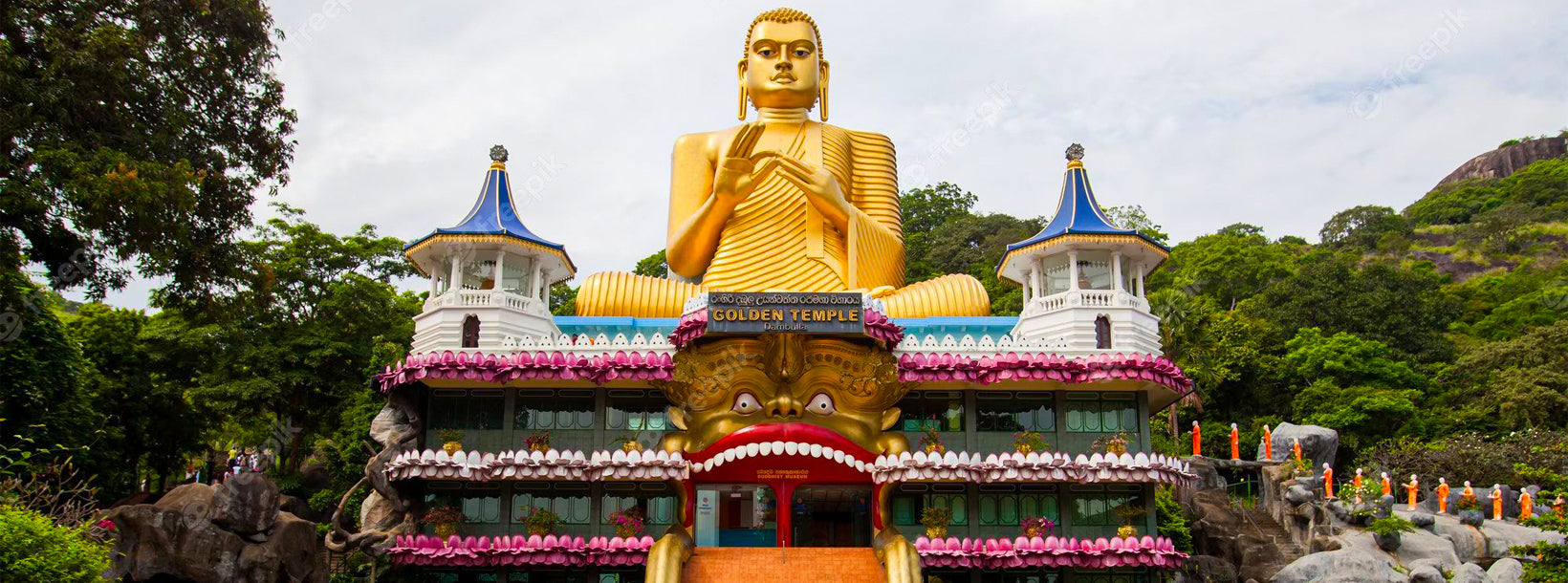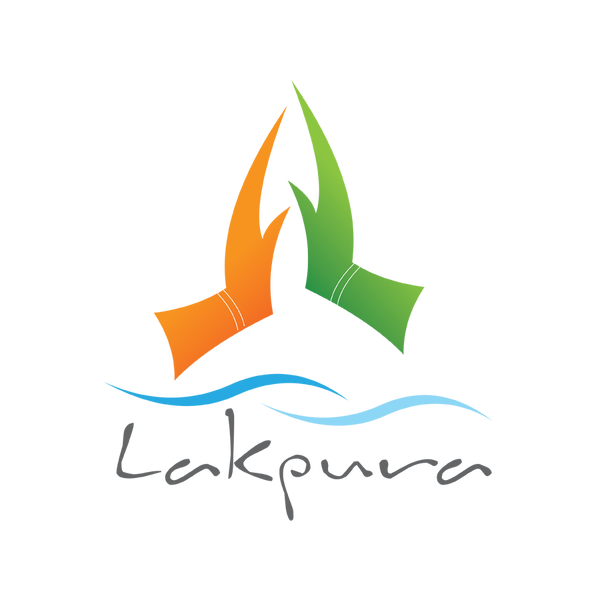
Dambulla City
Journey into the heart of cultural splendor in Dambulla, where ancient history meets modern exploration. Uncover the marvels of the UNESCO-listed Dambulla Cave Temple, meander through vibrant markets, and savor the unique fusion of tradition and innovation in this enchanting Sri Lankan town.
Umandawa
Umandawa Global Buddhist Village (or Umandawa Maha Vihara Monastery) is a recently developed a so called Buddhist religious village operated by the controversial monk named Siri Samanthabhadra Thero who has self proclaimed to have reached the stage of supreme bliss (Arahath stage) and operates under the name of Siri Samanthabhadra Maha Arahath Thero. Umandawa it self is marketed as a personal retreat for everybody.
Umandawa is open from 7 am to 5 pm at all days, for the whole week, throughout the entire year. The entrance is free for everyone. All visitors are welcomed by monks and nuns who are assigned as a welcome committee to deal with visitor and guest relations. They tend to all questions and inquiries, and also perform guided tours of the land. For the guests its provides a wide range of Buddhist spiritual programs and accommodation options. This is within the community grounds for guests who wish to experience and learn about the lifestyle of the community
Umandawa Global Buddhist Village (or Umandawa Maha Vihara Monastery) community functions as a Buddhist Monastery and a non-profit organization, which is registered under the brand name ‘Umandawa Maha Vihara Monastery’ and the company name ‘Siri Sadaham Ashramaya’. Siri Sadaham Ashramaya, based in Dehiwala, is where most of the fundraising, administration and marketing activities are coordinated. Umandawa sells itself as a self sufficient community with organic farming by the community themselves. The land is approximately 70 acres which was purchased with financial support of a monk (now diseased) who had been a doctor before entering the priesthood. according to the community of the monks. The land has been an abandoned coconut plantation before changing hands in 2015.
Siri Samanthabhadra Thero
Siri Samanthabhadra was born in 1975 in Pitiduwa, Galle and entered priesthood in the year 2000 as Pitiduwe Siridhamma. With his impressive gift for articulation of ideas and the ability to attract listeners, he became a popular preacher soon after. With the growth of the popularity and the followers, he changed his name to Siri Samanthabhadra and after the self proclamation of him reaching Arhath stage calls himself the Samanthabhadra Maha Arahath Thero. The name Samanthabhadra itself is a name used to call Buddha himself in Tibetan Buddhism.
The Vision of Umandawa
The Umandawa Global Buddhist Village provides a variety of modules that can be applied to the improvement of society. These modules can also be used to prepare your mind for innovation and spiritual guidance through the practice of "Living in presence."
Umandawa organic farms
Adopting a non-toxic diet in Sri Lanka, organic fertilizer users have created lucrative organic farms producing a variety of vegetables and fruits, setting an example for the great Sri Lanka itself.
Umandawa Products
- Organic vegetables
- Organic fruits
- Leafy
- Coconuts
- Coconut Oil
- Organic Herbal Tea
- House Bio Gas production
- Organic fertilizer
- Dried Fruits
About Matale District
Matale is a town in the hill country of Sri Lanka. The Knuckles Mountain Range is a special landmark of Matale.The Matale administrative district also contains the historic Sigiriya rock castle, Aluvihare Temple and Dambulla Cave Temple . Surrounding the town are the Knuckles foothills called Wiltshire. It is a mainly agricultural area, where tea, rubber, vegetable and spice cultivation dominate.
The Aluvihare Temple, on the North side of the town, is the historic location where the Pali Canon was first written down completely in text on ola (palm) leaves. Situated near Aluvihare are numerous monastery caves, some of which exhibit fine frescoes.
About Central Province
The Central Province of Sri Lanka consists primarily of mountainous terrain. The province has an area of 5,674 km², and a population of 2,421,148. Some major towns include Kandy, Gampola (24,730), Nuwara Eliya and Bandarawela. The population is a mixture of Sinhalese, Tamil and the Moors.
Both the hill capital Kandy and the city of Nuwara Eliya are located within the Central Province as well as Sri Pada. The province produces much of the famous Ceylon tea, planted by the British in the 1860s after a devastating disease killed all the coffee plantations in the province. Central Province attracts many tourists, with hill station towns such as Kandy, Gampola, Hatton and Nuwara Eliya. Temple tooth or Dalada maligawa is the main sacred place in Centrel province.
The climate is cool, and many areas about 1500 meters often have chilly nights. The western slopes are very wet, some places having almost 7000 mm of rain per year. The eastern slopes are parts of the mid-dry zone as it is receiving rain only from North-Eastern monsoon. The Temperatures range from 24°C at Kandy to just 16°C in Nuwara Eliya, which is located 1,889 m above sea level. The highest mountains in Sri Lanka are located in the Central Province. The terrain is mostly mountainous, with deep valleys cutting into it. The two main mountain regions are the central massif and the Knuckles range to the east of Kandy.


















